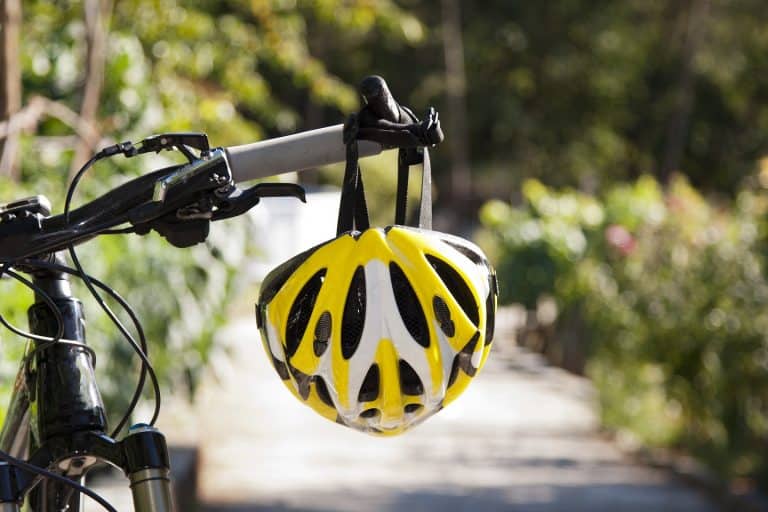Parliamentary Debate on Acquired Brain Injury – 2 July 2019
With the introduction of more major trauma centres in the UK in the last few years many more lives are being saved – at least 800 more a year. People who would have died of brain injuries are now alive and living with their injury.
It is estimated that:
- every 90 seconds someone in the UK is admitted to hospital with an acquired brain injury;
- every 3 minutes in the UK someone is admitted to hospital with a head injury;
- every four minutes someone in the UK is admitted to hospital with a stroke; and
- the total cost to the UK economy is £15 billion per year
The All Party Parliamentary Group (APPG) for Acquired Brain Injury was launched in November 2017 with the objectives of:
- Raising awareness of acquired brain injury and seeking improvements in support and services for people directly affected by acquired brain injury and also their families and carers
- Providing a voice for those who are not always heard by Ministers and MP’s
- Being the main forum for acquired brain injury in Parliament, raising key issues across health, social care and welfare which all affect people living with acquired brain injury in the UK
Since inception the APPG has held several round table meetings and raised questions in Parliament. On 10th October 2018, it published a report entitled Acquired Brain Injury and Neurorehabilitation: Time for Change. Following up this report there have been two parliamentary debates this year. The first debate was on 9th May 2019 and the second on 2nd July 2019.
The latest debate was led by Chris Bryant (Labour MP for Rhondda) and Chair of the APPG for acquired brain injury. Seventeen MP’s participated in the debate lasting just under an hour and a half.
Some MP’s shared their own personal experiences of acquired brain injury. Bill Esterson (Labour MP for Sefton Central) talked about his 15 year old adopted son who suffered brain injury whilst in the womb due his mother’s alcoholism. Sir John Hayes (Conservative MP for South Holland and The Deepings) discussed his experience of having a brain injury in his early twenties. Jim Shannon (DUP MP for Strangford) recounted his brother’s severe motorbike accident 16 years ago and his feelings on the need for specialist rehabilitation, support services and care for brain injury sufferers.
Many issues were raised, but there were several important recurring themes which chime with my experience of helping clients with brain injuries.
Invisibility of Brain Injury
It was said a particularly poignant aspect of brain injury is that in the vast majority of cases it is completely invisible. With no outward sign of the lasting injury that has occurred there are real difficulties for people with brain injuries including stigma, lack of understanding and practical everyday problems.
Several MPs raised the need for training on brain injury for every DWP staff member who carries out any kind of assessment, so they understand the variable nature of this condition. It was important that people should not have to be made to fight for every benefit they are entitled to. This is vital for those with brain injuries as they often feel they need to devote all of their energy to getting better and not fighting the system.
Problems with Speech and Communication
The most difficult element for many people is impairment in their ability to speak and communicate. They can be accused of being drunk. There is a sense of stigma that attaches to not being able to speak as clearly as they might have been able before their brain injury.
There is a shortage across the UK of speech and language therapists, who are essential in bringing people back to a degree of independent living.
Shortage of In-Patient Neurorehabilitation Beds
The national clinical audit found only 40% of those who were assessed at major trauma centres as needing in-patient rehabilitation actually got it. That means across England and Wales there is a shortage of around 330 beds. The Government must strive to get those beds so that nobody fails to get the in-patient rehabilitation they need.
It is estimated that the average net lifetime saving from rehabilitation amounted to just over £500,000 per patient. The total savings generated from just this year’s patients would be £582 million. Investing in 330 beds might cost in the region of £50 million, which would generate an enormous return, leaving aside the immeasurable benefit to quality of life.
Brain Injury in Children and Young People
40,000 children and young people report to hospital with an acquired brain injury every year. It is likely many thousands more have a mild brain injury that goes completely undetected. That can be associated with a range of cognitive, behavioural and emotional symptoms that can impact on education, health and relationships.
Brain injury in childhood can impact on school engagement, attendance and achievement. It can result in young people being more vulnerable to exclusions from school and being involved in the youth justice system. It can affect job prospects, mental health and self-esteem. It can lead to isolation and increase care demands for families.
At present the provision of neuro-rehabilitation for young people is geographically patchy. More needs to be done to ensure whether a child or young person receives neurorehabilitation doesn’t depend on where they live.
It was also highlighted that neuro-rehabilitation for adults can be a post code lottery and services need to be made available to all who need it.
Cross Departmental Cooperation
Brain injury affects all aspects of society and a cross departmental approach to tackling it is needed. Almost no Department is untouched – the Department for Digital, Culture, Media and Sport; the Ministry of Justice; the Department for Work and Pensions and the Department of Health and Social Care are all affected. Consistency and collaboration is needed in dealing with brain injury.
Conclusion
At the end of the debate the Government was invited to set up a taskforce to ensure every government department pulls its weight to make sure they truly deliver. Chris Bryant ended by highlighting that it is cruel to save lives and not give people the quality of life they deserve.
As a solicitor who acts for people with brain injuries it is heartening to see MP’s engaged in this area and showing understanding of the complex problems experienced by people with brain injury.
Hokman Wong is a senior solicitor at Bolt Burdon Kemp specialising in Adult Brain Injury claims. If you or a loved one are concerned about the treatment you have received, contact Hokman free of charge and in confidence on 020 3973 5004 or at hokmanwong@boltburdonkemp.co.uk. Alternatively, complete this form and one of the solicitors in the Adult Brain Injury team will contact you. Find out more about the Adult Brain Injury team.










